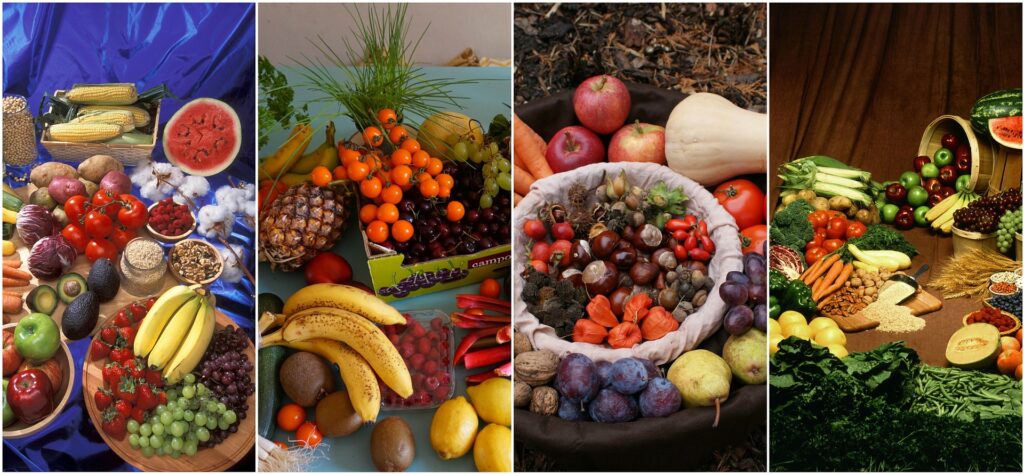Mindfulness Attitudes – Patience

“Patience is a virtue” is the old saying. In our modern age of immediate access and speed, patience may not be something many of us practice very much. But it is one of the key attitudes of mindfulness and we need to recognize that slowing down our busy minds needs practice. We have probably all experienced the challenge of breaking persistent behaviour and know that habits do not change overnight, permanent change takes time.
How can we engage with patience? Our western culture is based on speed, we travel fast, we have machines to help us find the shortest route or the quickest route; we have fast food, or food on the go; we work on fast internet, high-speed 3G to 4G to 5G; we have fast access to our bank accounts and use instant cashless transactions for ease and speed; we have fast domestics tasks, with automation and machines for cleaning and washing our homes and clothes, all to save us time and effort. We are not encouraged to stop and take our time our anything, so patience is not something we practice regularly.
One of the best ways to engage with patience is to observe the natural world. There are very few things in the natural world that happen instantly. Growing a plant from seed is an excellent example of patience, it can be an extremely rewarding experience. Many people find interaction with plants is a relaxing activity, gardening or growing food teaches us to wait and observe. Interacting with nature by simply walking through it has also been shown to be beneficial. Physical activity in the form of a forty-minute walk in the forest is associated with improved mood and feelings of health and robustness. Studies have been done that show that ‘forest bathing’ (being in the presence of trees and woodland) reduced the levels of the stress hormone cortisol in test subjects after a walk in the forest when compared with a control group of subjects who engaged in walks within a laboratory setting. Forest bathing seems to significantly mitigate the root cause of a multitude of ailments associated with stress. It prompts rest, conserves energy, and slows down the heart rate while increasing intestinal and gland activity. Lower cortisol concentrations are also a signal that the body’s stress-response system is being triggered less. Have a slow walk in the forest, be aware of the timeline of trees, measured in lifetimes for us, maybe the ultimate in our experience of patience.
A moment of taken out of our busy lives to make time to engage with nature is one way to include patience in our lives. The response we get and the benefits we receive may not be immediate, but the effects will be noticeable over time. Any opportunity we take to slow down and just observe the moment, stopping ourselves from chasing the future (which may never happen) is a chance to practice patience. Mindfulness practices encourage us to stop and focus on being aware of the present, not wishing our time away.
Along with the scientific research into ‘forest bathing’, research also supports the inclusion of patience as a health benefit of mindfulness. The virtue of patience is that it enables us to accept that time has to pass before benefits are achieved.
There has been considerable research into the benefits of embracing mindfulness, which has shown that the effects are cumulative over time. Most training sessions extend over an eight-week period, based on regular guided weekly sessions and personal daily practice. The calming influence of mindfulness practice on our emotions takes time and patience to develop. A study of the 8-week MBSR course for nurses showed that their mindfulness practice facilitated empathetic attitudes while decreasing their tendency to take on other people’s negative emotions [Beddoe & Murphy, (2004)].
Patience is a form of wisdom. It demonstrates that we understand and accept the fact that sometimes things must unfold in their own time. A child may try to help a butterfly to emerge by breaking open its chrysalis. Usually, the butterfly doesn’t benefit from this. Any adult knows that the butterfly can only emerge in its own time, that the process cannot be hurried




